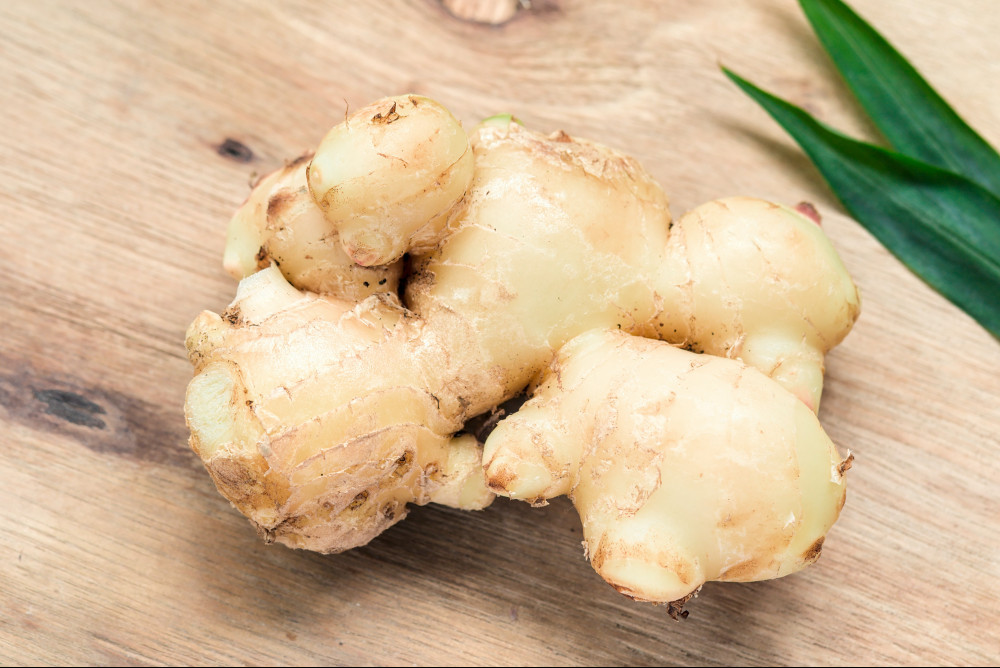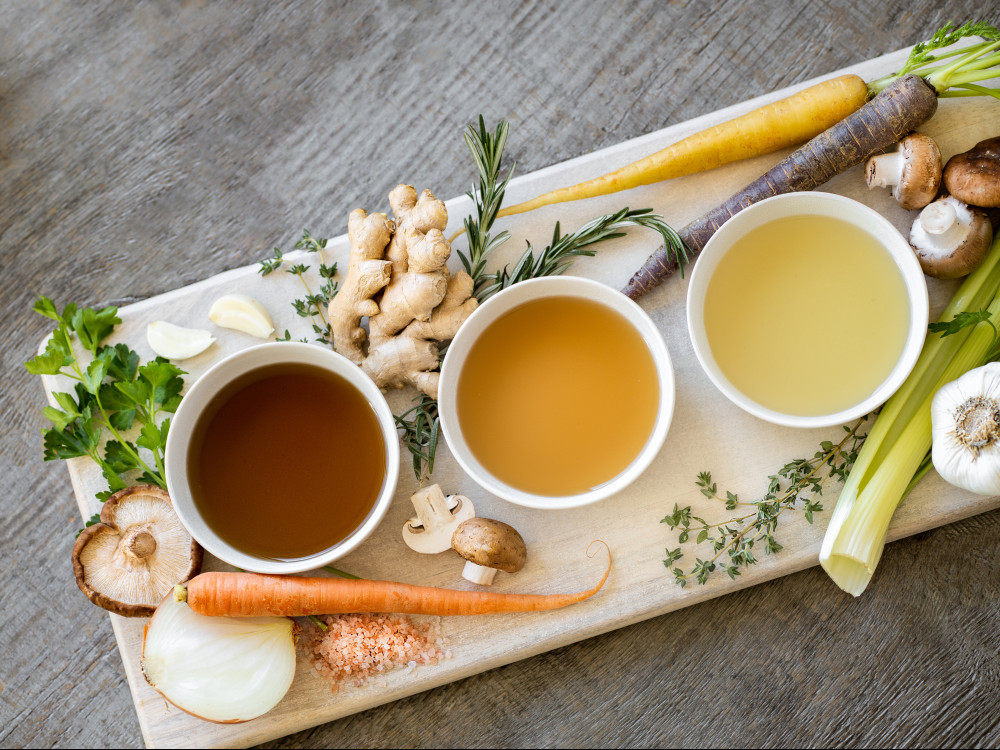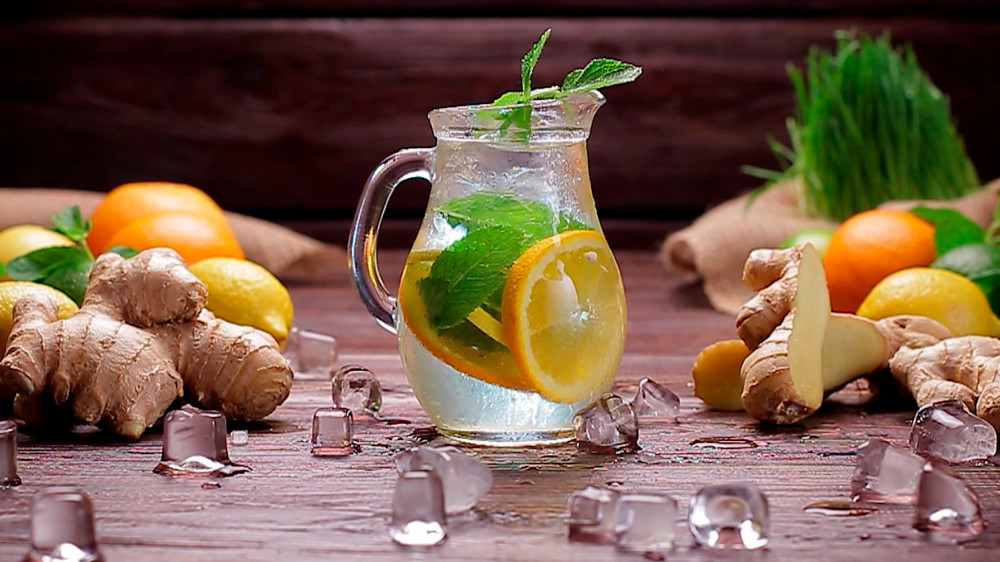“Culinary at Home with Hector | Does Ginger Lower Cholesterol?” explores the benefits of this unique flavorful and aromatic spice. Also, see other popular uses.
Let’s look at the traditional uses of ginger, its cultural significance, medicinal properties, and nutritional benefits. In addition, what’s its potential to promote overall well-being beyond cholesterol management?
Many countries use this spice for centuries for various culinary and medicinal purposes. Therefore, we can attest to its ability to enhance both sweet desserts and savory dishes. Additionally, many individuals confirm its medicinal marvels.

Culinary | Traditional and Cultural Significance
Different cultures worldwide embrace the significance of ginger. However, it originated in Southern Asia. Ayurvedic medicine promotes it to help balance the body and stimulate digestion.
Also, Chinese medicine uses it to alleviate cold-related ailments and promote circulation. Overall, ginger has a warming, slightly spicy, or hot properties.
Countries such as China, India, Indonesia, Japan, and Thailand incorporate it freely in their cuisines. And, they emphasize the unique flavor and medicinal properties.
It’s common to see people all over the world drinking ginger tea. Also, people enjoy pickled ginger with sushi Japanese style. And, don’t forget tasty stir-fries with ginger!
Jamaicans use ginger in many ways. Some households are never without it. For example, they use it as tea, in the traditional sorrel and other drinks. They also include it when cooking meats, vegetables, and several recipes.
Researchers are still conducting studies to uncover the therapeutic potential of ginger. These studies explore its use for culinary as well as medicinal purposes.
Culinary Attributes | Nutritional Benefits and Content
Ginger is a beloved culinary spice adding depth and character to a vast array of dishes. But, its prolific benefits go beyond its flavorful profile. For example, studies show its effectiveness as a digestive aid.
For this purpose, it stimulates the production of digestive enzymes and enhances gastric motility. In addition, it alleviates bloating, indigestion, and nausea. These are common digestive discomforts.
What effect does ginger have on lipids in meat? Researchers report that certain compounds in ginger may contribute to lipid management. This impact takes place during cooking and digestion. Ginger’s bioactive compounds contain antioxidant properties.
These help to reduce lipid oxidation during cooking. Otherwise, this oxidation process can lead to the production of harmful compounds. Such compounds affect the quality and taste of meats. Additionally, ginger affects the digestion and absorption of lipids upon consumption.
Furthermore, ginger is a low-calorie spice. And is packed with essential nutrients, vitamins, and minerals. Here are some of the key components:
- Dietary Fiber: This compound is important for digestion and bowel regularity.
- Vitamins and Minerals: These include vitamins B6 and C. Additionally, it contains minerals such as magnesium and potassium.
- Antioxidants: Ginger is rich in antioxidants. They are important in protecting the body against oxidative stress. Also, they help to fight free radicals.
- Gingerol: This is a bioactive compound found in ginger. It is believed to contribute to its various health benefits.

Medicinal Properties | Potential Health Benefits
Ginger contains compounds that have anti-inflammatory, antimicrobial, and antioxidant effects in the body. As such, it contributes to its potential health benefits. And, several studies are yielding promising results.
Cholesterol Management: There is ongoing research on the effects of ginger on lowering cholesterol. Several of those studies indicate that this has a positive impact.
For example, preliminary studies suggest that it reduces low-density lipoprotein (LDP). This is otherwise known as “bad” cholesterol, which affects a huge number of individuals.
Digestive Health: Ginger is traditionally used to relieve symptoms of indigestion, motion sickness, and nausea. Studies indicate that the active compounds stimulate digestive enzymes.
Furthermore, they improve gut motility and reduce inflammation in the gastrointestinal tract.
Anti-Inflammatory Effect: Studies also indicate that anti-inflammatory compounds inhibit the production of pro-inflammatory molecules. Subsequently, they provide relief for conditions such as osteoarthritis and rheumatoid arthritis.
There’s More | Other Potential Benefits
Here are some other benefits beyond its impact on cholesterol levels:
- Blood Sugar Support/Diabetic Management: Individuals with diabetes or those who are at risk may benefit from using ginger. Research shows that it improves insulin sensitivity and lowers blood-fasting levels.
- Cardiovascular health: Heart disease and strokes are common health conditions in many countries and among cultures. The potent properties of ginger have the potential to promote overall cardiovascular health.
- Cognitive Health: Also, preliminary research indicates that ginger has the potential to support brain health and cognitive functions. This is due to the bioactive compounds. Studies further reveal they may have neuroprotective properties.
- Immune Support: Anti-inflammatory and antimicrobial properties support immune health. Therefore, ginger has the potential to reduce the risk of infections. In addition, it may promote overall health.
- Nausea and Vomiting: Researchers report ginger’s antiemetic properties. As a result, it helps to alleviate chemotherapy-induced nausea, motion sickness, and pregnancy-related morning sickness.
- Pain Relief: This is one traditional benefit that has an association with ginger. So, it may be helpful for individuals suffering from arthritis and muscle soreness.
It’s true that people have made positive claims as to the benefits ginger offers. However, the powers that be require more research to establish its efficacy and optimal dosage.

What Forms Do Ginger Come In? | Culinary and Medicinal
Ginger’s versatility makes it available in various forms for culinary and medical purposes. Take a look at this list:
Fresh Ginger: First of all, this is the most commonly used form of ginger in cooking. And, it can be grated, minced, or sliced. You can add it to baked goods, stir-fries, soups, and marinades.
Dried Ginger: It’s the dry form of fresh ginger root. Also available in whole pieces, powdered form, or candied. Its flavor is more concentrated than fresh ginger.
Ground Ginger: Another name for this is powdered ginger. Culinary professionals and others commonly use it in baking, desserts, and spice blends. Furthermore, it’s a convenient form without the texture of fresh ginger.
Pickled Ginger: This is a tangy, sweet, and slightly spicy form of ginger. It’s made from young ginger root sliced and pickled with vinegar, sugar, and salt.
Ginger Paste: Here’s another convenient form of ginger without the hassle of grating, mincing, or slicing. This paste of crushed or pureed ginger comes in jars or tubes.
Ginger Tea or Infusions: Here, ginger is steeped in hot water to make a delicious and soothing tea. Another popular way to enjoy ginger is by infusing it into other beverages. These include lemonade, cocktails, and herbal blends.
Ginger Supplements: Finally, dietary supplements are available in capsules, tablets, or extracts. They are used for medicinal purposes to relieve nausea and support digestive health.
Culinary Ginger | Cholesterol and More
Diverse cultures use ginger for culinary and medicinal purposes. Traditionally, people believe in the health benefits because of the known properties of ginger.
Researchers and health enthusiasts reveal the multifaceted potential of ginger. And, people continue to enjoy this flavorful and healthful addition to their lives. Notwithstanding, studies are ongoing.
Let’s recap some of these:
- First of all, it aids digestion.
- Next, its antiemetic effects alleviate nausea.
- It has anti-inflammatory, antimicrobial, and antioxidant effects.
- Additionally, it’s used for cardiovascular management.
- And, cholesterol management.
- Diabetes management is another use.
- Also, lipid management.
- In addition to immune support.
- And, pain management.
- Finally, it offers various culinary delights such as its unique aroma and flavor in juices and dishes!
In light of this, it makes sense to incorporate ginger within a balanced diet to enhance optimal health. However, it’s important to consult your healthcare professional especially if you have medical concerns.
I hope you find this article, “Culinary at Home with Hector | Does Ginger Lower Cholesterol?” informative and interesting. Also, please feel free to leave your questions and comments below. I will be more than happy to address them.
Veron Lee Campbell | Entrepreneur | The Way 4WordEnterprises

I love how informative this article is. Thank you for sharing facts about how beneficial ginger is for everyday culinary purposes and each of it’s medicinal uses.
I use ginger daily, but didn’t entirely understand how beneficial it is. I really enjoyed learning more about ginger!
Hi Hyeisha:
Thank you for reading and commenting. I believe we need to go back to basics to appreciate the benefits of ginger and other culinary ingredients. Generations before us found these beneficially and we have a lot to learn from them.
I’m always happy to share and hope others will also find value in the information here.
Much love!